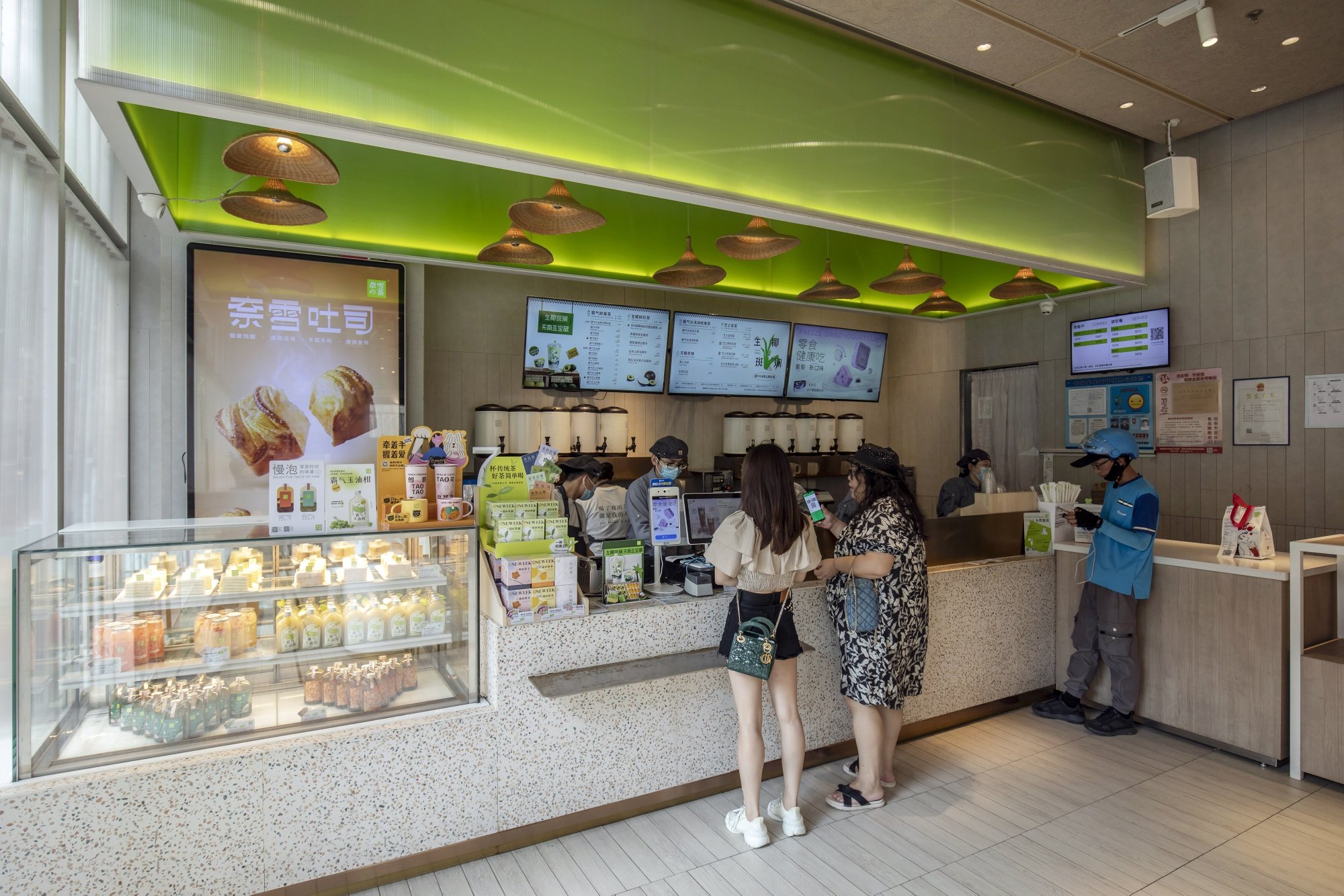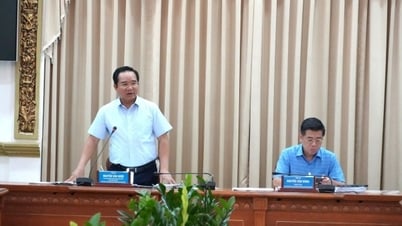Wang Xiaokun, a 40-year-old Chinese man, has joined the ranks of the world's billionaires after the Cha Panda milk tea chain he founded was valued at $2.1 billion.
Mr. Wang has a net worth of $1.1 billion, according to Forbes, largely based on his nearly 60% stake in the Chengdu-based beverage chain, which has a network of more than 7,000 stores. The chain’s signature drinks include mango-grapefruit kao tea, taro bubble tea and jasmine milk green tea, most of which cost $3.60 or less.
Mr. Wang's wife, Liu Weihong, has also amassed a $700 million fortune based on her 33% stake in the company.
Cha Panda started out as a small fruit and milk tea shop opened in 2008 near a school in Chengdu city, southwest China.
Mr. Wang managed to grow Cha Panda's store network to 531 by 2020. However, his business really took off when he adopted the franchising model.
Cha Panda’s current strategy is to develop its own drink recipes and then sell ingredients such as fruit and tea leaves to Cha Panda-branded beverage stores. That way, Mr. Wang can save money, while rivals like Nayuki Holdings have to spend more on salaries and rent for directly operated stores.

A Nayuki milk tea shop in Shanghai, China. Photo: Bloomberg
The total number of Cha Panda-branded stores increased to 7,117 as of August this year. The company reported that it directly managed only six stores in the first quarter.
Last year, Cha Panda posted revenue of $580.3 million, up 16% from 2021. Its profit rose 24% to $132.3 million over the same period. It is the third-largest milk tea chain by retail sales in China, according to research by US consulting firm Frost & Sullivan.
Bubble tea could be the new trend for Chinese consumers. Bloomberg reported that at least six bubble tea makers, including Mixue Bingcheng, China’s largest bubble tea chain, are planning to go public in Hong Kong or the United States.
Data shows that Chinese consumers may be tightening their belts on big-ticket items like luxury goods and cars, but they are still willing to spend in other areas.
According to research firm China Beige Book, sales of the country's restaurant and tourism chains grew strongly in July. Starbucks also reported an impressive 46% increase in revenue (compared to the same period in 2022) in the Chinese market in the second quarter of 2023 .
Nguyen Tuyet (According to Forbes, Reuters)
Source


![[Photo] General Secretary To Lam visits exhibition of achievements in private economic development](https://vphoto.vietnam.vn/thumb/1200x675/vietnam/resource/IMAGE/2025/5/18/1809dc545f214a86911fe2d2d0fde2e8)


![[Photo] Ready for the top competitions of Vietnamese table tennis](https://vphoto.vietnam.vn/thumb/1200x675/vietnam/resource/IMAGE/2025/5/18/9c547c497c5a4ade8f98c8e7d44f5a41)































![[Photo] National conference to disseminate and implement Resolution No. 66-NQ/TW and Resolution No. 68-NQ/TW of the Politburo](https://vphoto.vietnam.vn/thumb/1200x675/vietnam/resource/IMAGE/2025/5/18/adf666b9303a4213998b395b05234b6a)






























































Comment (0)